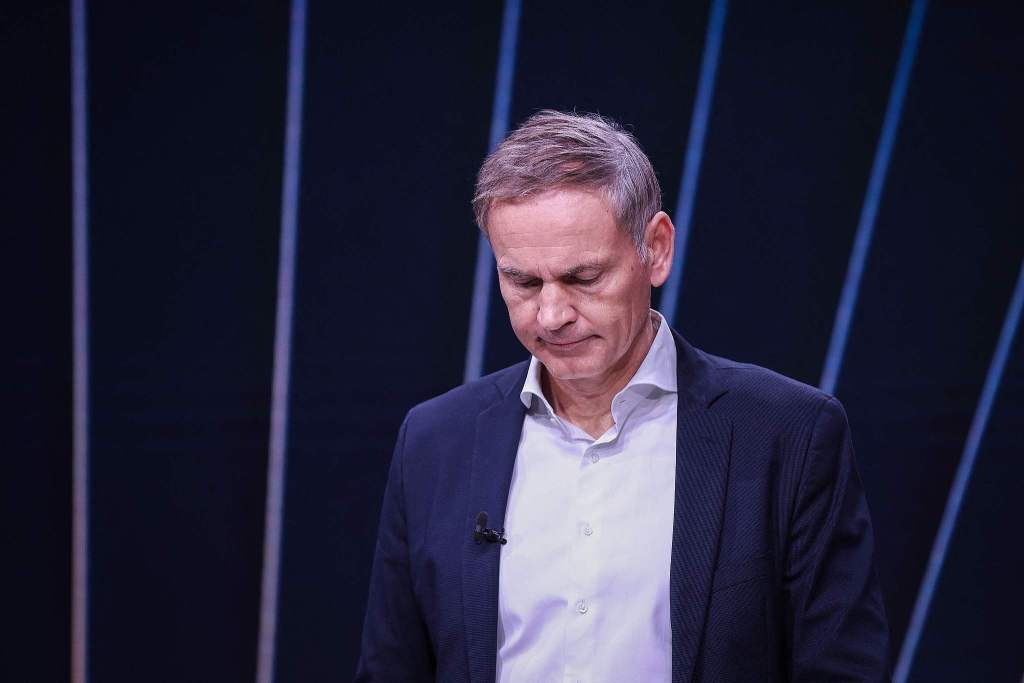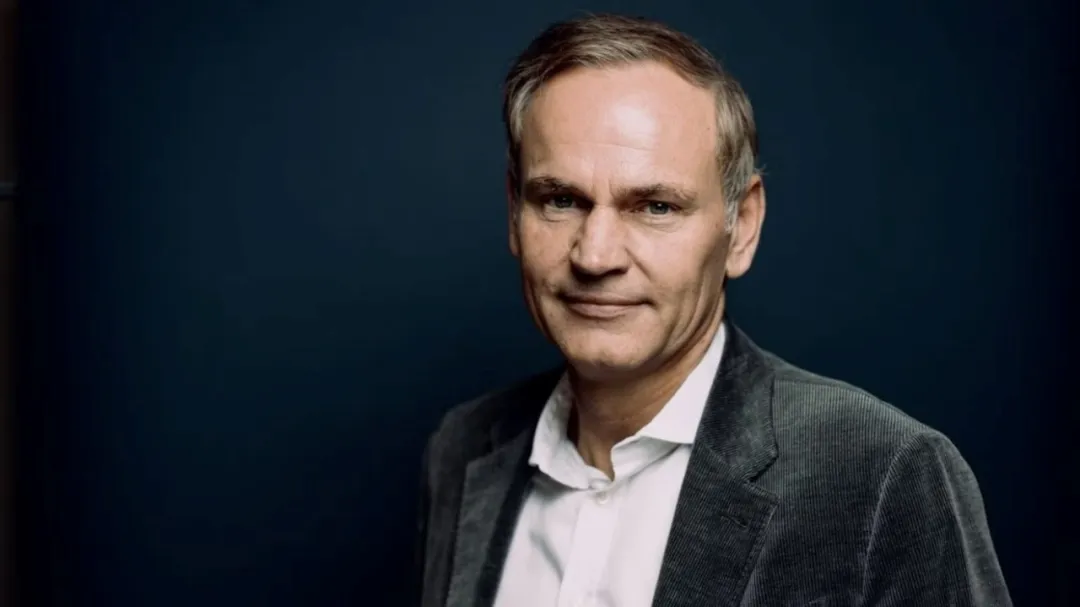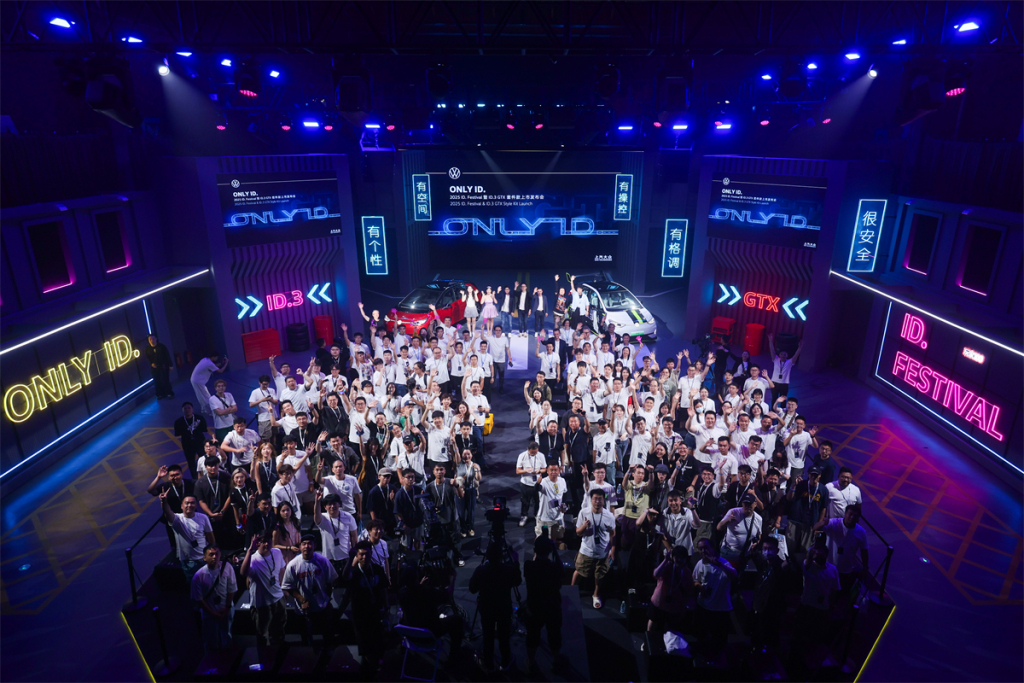
Blume's dual leadership is being criticized by investors.
On May 21, Porsche investors called on Porsche CEO Oliver Blume to step down as CEO of parent company Volkswagen Group, after weak Chinese demand and U.S. tariff pressures led the sports car maker to cut its full-year earnings forecast, sparking shareholder dissatisfaction.

Volkswagen CEO Oliver Blume holds an annual press conference at the company's headquarters in central Wolfsburg, Germany, on March 11, 2025, local time, to announce the company's performance.
In the first quarter of 2025, Porsche's global deliveries fell 8% year-on-year to 71,470 vehicles, of which only 9,471 vehicles were delivered in the Chinese market, a 42% year-on-year drop, the worst record in the past decade. This decline has continued to worsen since its annual sales reached a peak of 95,700 vehicles in 2021. In 2024, its deliveries have fallen 28% year-on-year to 56,900 vehicles, and it has lost its position as the world's largest single market in China, which it has maintained for eight consecutive years. Financial data showed that Porsche's operating income in the first quarter fell 1.7% year-on-year to 8.86 billion euros, operating profit plummeted 40.6% to 760 million euros, and sales return rate fell from 14.2% in the same period last year to 8.6%, the lowest level in recent years.
Porsche had planned to consolidate its high-end market position through an electrification strategy, but the slowdown in demand for luxury cars in China and the imposition of tariffs by the United States on European electric vehicles put pressure on its strategy. In response to the slowdown in electrification, Porsche decided to adjust its battery business strategy and suspend the high-performance battery expansion plan promoted by its wholly-owned subsidiary Cellforce Group GmbH. This resulted in its special expenses for fiscal 2025 increasing to 1.3 billion euros. In addition, Porsche also announced a reduction in its fiscal 2025 forecast, with operating income forecasts lowered from 39 billion euros to 40 billion euros to 37 billion euros to 38 billion euros, and sales return forecasts lowered from 10% to 12% to 6.5% to 8.5%.
Porsche's predicament is closely related to the strong rise of China's new energy vehicle market. Domestic high-end models represented by Xiaomi SU7 Ultra and Zeekr 001 FR have quickly seized the market of more than 500,000 yuan with their high cost-effectiveness and cutting-edge technology configuration. These models are not only close to Porsche's similar products in terms of performance and control, but also have formed generational advantages in the fields of smart cockpits and autonomous driving. For example, the urban NOA function of each company is gradually installed in the car, while Porsche Taycan still uses the traditional architecture in the field of smart cockpits.
At the annual shareholders' meeting, Blume's dual leadership was directly criticized. "If one person manages two groups at the same time, independent operations are impossible." Hendrik Schmidt, an ESG expert at DWS, an asset management company under Deutsche Bank, bluntly stated that this dual role has put pressure on Porsche's share price. Ingo Speich, head of sustainable development at shareholder Deka Investment, pointed out more sharply: "At least resign from one board position!"
Analysts warned that if the company fails to reverse its downward trend in China, its profit margin may further approach the overall level of the Volkswagen Group, and it will completely lose the premium advantage of its ultra-luxury brand.
In response to the crisis, Porsche launched a comprehensive restructuring plan, planning to lay off about 1,900 employees by 2029, and optimize the dealer network, planning to reduce the number of stores in China from 150 to 100 by 2026. At the same time, Porsche accelerated its localized research and development layout. The China R&D Center has completed a strategic upgrade and is scheduled to be put into operation in the second half of the year, focusing on the development of infotainment and driver assistance systems customized for the Chinese market.
As for the US market, Jochen Breckner, chief financial officer of Porsche AG who took office in February 2025, revealed that due to tariffs, the company had suffered losses of US$114 million in April and May alone.
Faced with the dual dilemma of the Chinese and American markets, Porsche is trying to catch up in the fields of electrification and intelligence. The company plans to launch the 718 pure electric model and optimize the endurance and charging performance of existing electric models. However, in the context of the technological iteration speed of Chinese automakers far exceeding imagination, Porsche's transformation path is full of challenges. As Schmidt of DWS said: "Porsche must be like its models - fast and powerful, safe and attractive."


